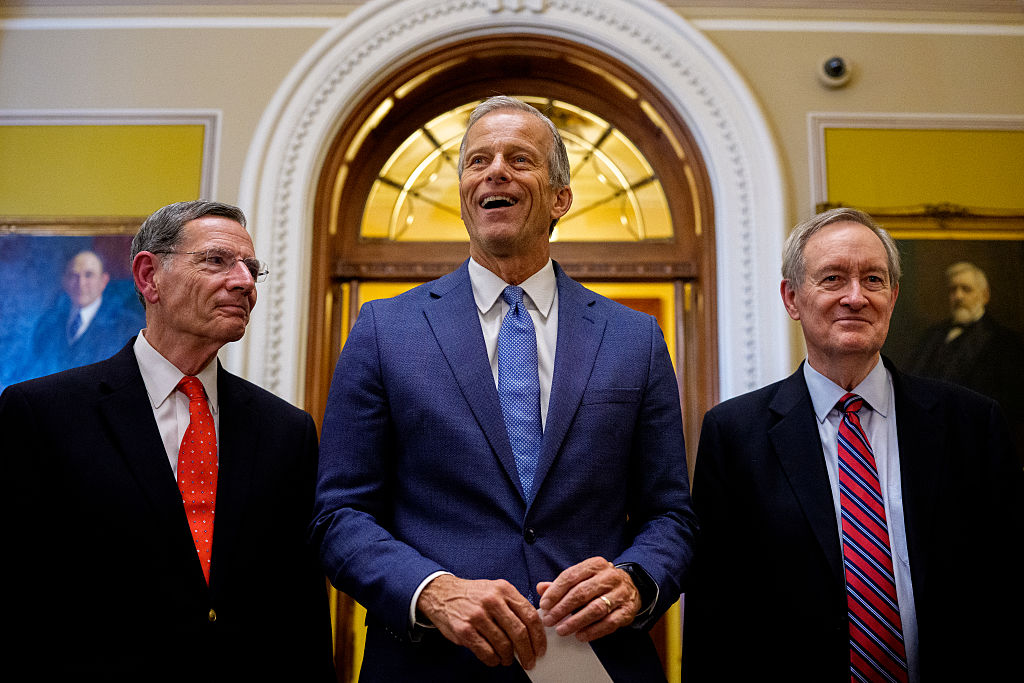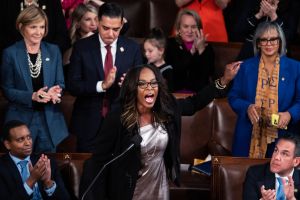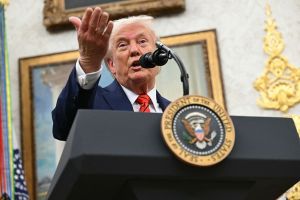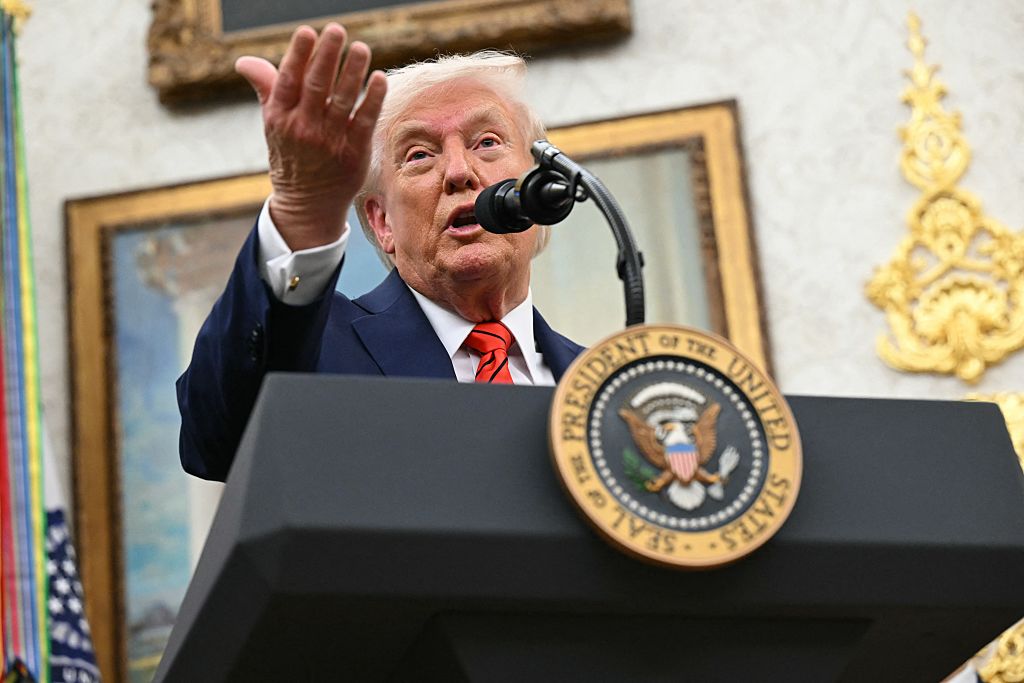The electoral risk to politicians involved in passing a dog’s breakfast of a “big, beautiful bill” – and there have been too many of this century to count – is often overstated. Once bills this large and unwieldy are passed there are a litany of problems that emerge as Americans, dulled into frustration by the same old swamp, discover only too late which specific policies negatively affect their lives and businesses. But then there are also things they like about it too, and even measures that are initially unpopular find purchase. And I do mean purchase in both senses, as in literally bribing voters with their own money, as Barack Obama’s Medicaid expansion did.
During the past six months, Washington’s GOP has generally adopted the idea that they don’t even need to bother selling the bill to citizens outside the Beltway, who polling shows are clearly opposed to it, and that they’ll just get to that part when the inside game concludes. This should strike anyone as an extremely risky proposition. With such thin margins in both bodies and the natural backlash of midterms, Republicans have to hope that the economic gains they say will result from the bill show up in time to rescue them from experiencing their own version of 2010. And they have to hope that candidates in blue states in particular can grasp the case to be made for it, something they’ve yet to prove. They’ll have to count on Democratic infighting (with an assist from, you know, socialism) to help.
For both Speaker Mike Johnson and Majority Leader John Thune, this is their first rodeo as leaders in messaging anything this big. While House leaders believe they have the momentum to get this across the finish line, the Senate didn’t make their job any easier, keeping a host of measures that are anathema to conservatives in and arguably making things a good deal worse with the normal wheeling and dealing necessary to get the likes of Alaska’s Lisa Murkowski in line. We haven’t seen them lead the way for the party on anything like this before, and as initial tests of party unity go, it’s been a flop.
Then there is the wildcard of Elon Musk, whose opposition to the bill – while viewed by Republican leaders as disingenuous, based more on how it hits his bottom line and his personal frustrations with Donald Trump than any deeper principle – could prove significant if he starts actually spending money on his own anti-spending Tea Party. It seems like a fool’s errand, but stranger things have happened. Now that North Carolina’s Thom Tillis has announced his retirement, a key test could prove to be Texas, where Ken Paxton could become the natural beneficiary as he seeks to unseat John Cornyn.
Finally there’s Trump. The man who believes winning is the most important thing has been deployed as the closer throughout this process to bring critics in line. Can he be the same for the argument to a skeptical American people even when he’s not on the ballot? It’s been a challenge in the past, but now he and his White House are more invested in the concept, having lived through the experience of 2018 and how it derailed his first term. That could be the game changer this time around for Republicans to defy the polls and midterm history. As with everything since 2015, once again it all comes down to him.


























Leave a Reply